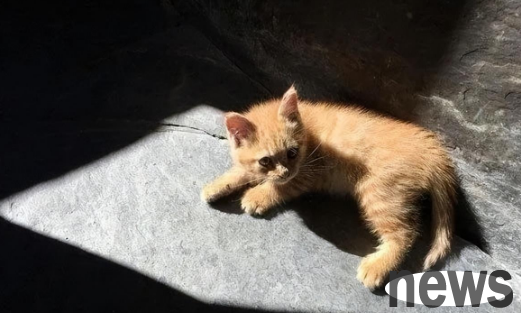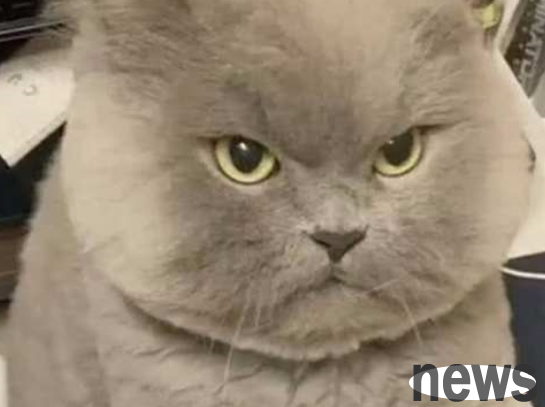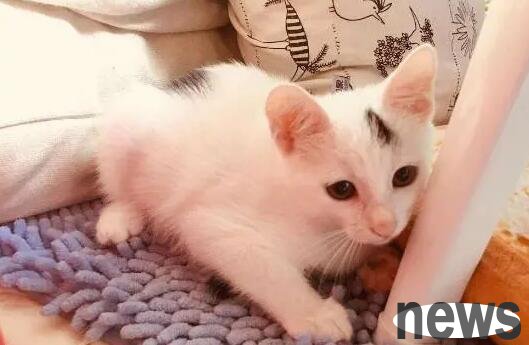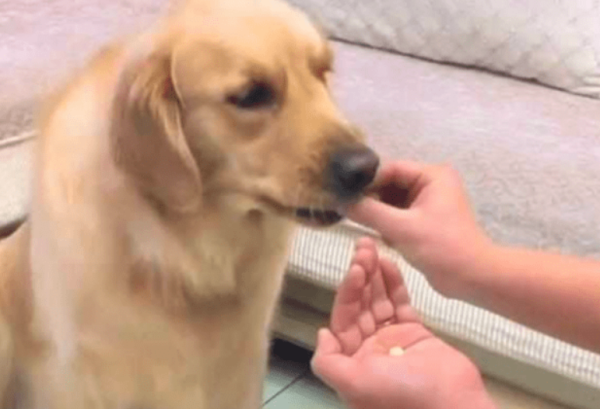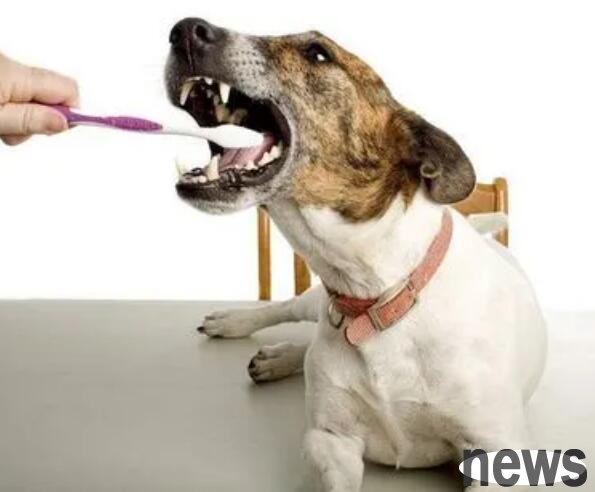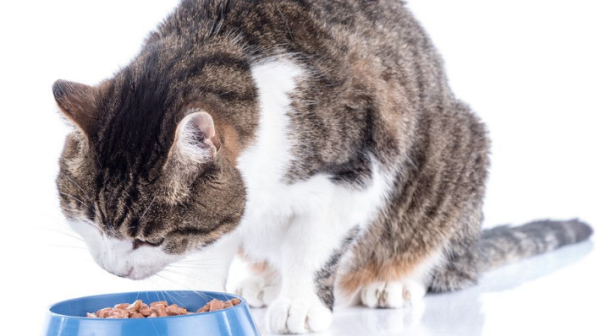Why does my cat smell so smelly? Maybe he is sick
Is your cat smelly?
cats are usually known for their cleanliness. Most cats like to be clean, which protects them from dirt and odor. However, you may sometimes find that your cat smells stinky. While some cats have a harmless odor or easy to care for, others can mean health problems.
Why does my cat smell stinking?
The best way to find out why a cat smells is to determine the source of the odor. Is your cat just stinking around the head or face? Or at the rear end? Have you noticed a odor in a specific part of the cat's coat, or it seems to have disappeared completely? Asking these questions is the first step in solving the stinky cat problem. Once you know where the scent comes from, you will have a better chance to help your cat.
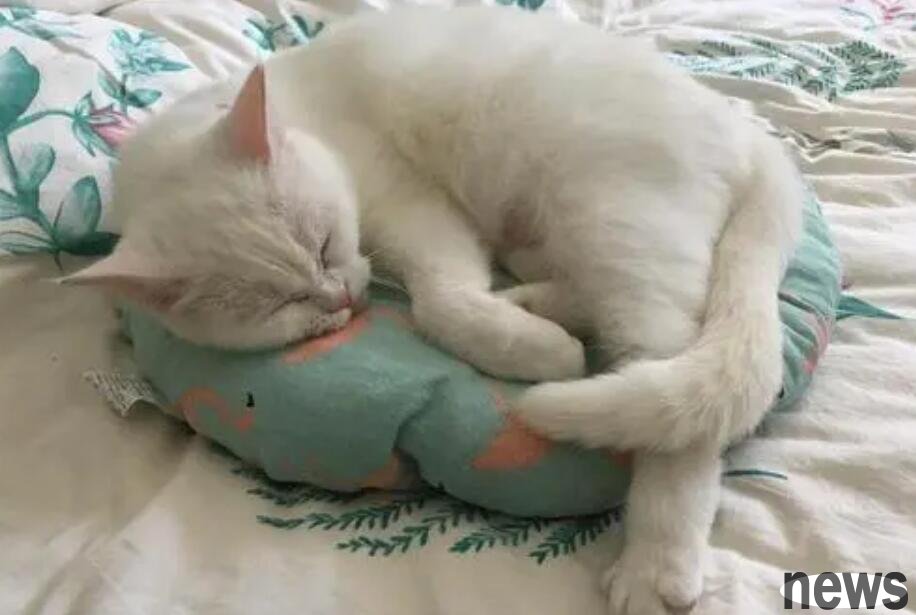
How to use waterless pet shower gel?
Bath a cat
Causes of cats with odor There are several potential reasons for cats' odor. Once you can determine where the odor is, you can find out the root cause. In many cases, your cat needs to see a veterinarian. If you are unable to determine where the odor comes from, it is still important to contact your veterinarian.
1. Mouth
Cat bad breath
Some people think that cats have bad breath or bad breath is normal. However, persistent bad breath in cats is often a sign of health problems. Temporary bad breath may be caused by what the cat eats.
Dental disease may be the most common cause of bad breath in cats. Plaque and tartar accumulations have an unpleasant odor due to their bacterial content. Stacking can cause gingivitis and cause gum disease, which can cause tooth loss. 1. If not treated in time, ulcers, growths and wounds in the mouth will produce an unpleasant odor. Bacteria in the mouth can make the situation worse. These lesions may be caused by stomatitis or other problems. 2 These are not only very bad, but also very bad. They are usually uncomfortable with cats, too. Severe kidney disease or uncontrolled diabetes can also cause bad breath.
2. The tail end
Cat's tail smell
If the stench comes from the area around the root of the tail, it is likely to be a problem around the anus. If you suspect the following, seek veterinary care:
1. Flattening is a normal phenomenon in humans and animals, and cats are no exception. If your cat is often farting or smelling extremely bad, it can be a stomach problem.
2. Diarrhea will leave traces of loose stool at the back end. If diarrhea continues to occur, it may be difficult for cats to keep up with combing their hair. If your cat has diarrhea for two days or more, it's time to see a veterinarian.
3. Constipation can cause stool to accumulate in the colon, making cats nervous when defecate. Hard, blocked stools may not pass, but sometimes liquid stools can pass. This can appear near the back end of your cat and tends to smell particularly bad. This is a very uncomfortable condition for cats and sometimes a sign of more serious health problems.
4. The anal gland is a small sac located outside the cat's anus. They contain oily, rotten, fishy liquids that are usually manifested during bowel movements. This fluid may also be released during acute fear, stress, or excitement (similar to the scent glands of skunks). In some cases, the anal glands can become inflamed, infected, or affected. Some liquid will ooze, leaving a very bad smell on the cat and it doesn't seem to disappear. These cats may stomp and rub their back ends or lick their ass obsessively.
5. Perianal fistula is a wound in and around the anal area and has a tunnel-like structure. While these are relatively uncommon in cats, they can be very serious. The perianal fistula is extremely uncomfortable and has a severe stench. They can cause other gastrointestinal problems or occur with other gastrointestinal problems and often require surgical treatment.
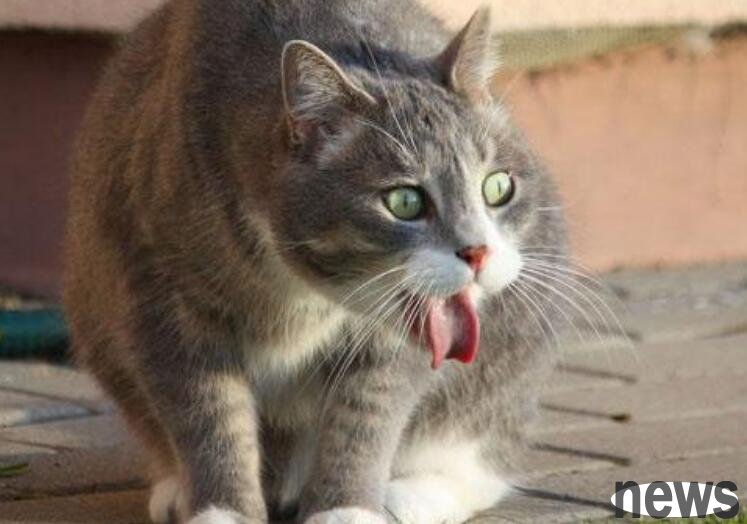
III. Skin and Coats
Hair Coat
If your cat's scent seems to come from all over the body, then this may be a problem with the skin and coat. If your cat is obviously dirty, taking a bath may help. However, if your cat looks cleaner, there may be something deeper to happen. Seek veterinary treatment to resolve the cat's skin condition.
Skin infections can cause an unpleasant odor throughout the cat. If the infection is severe, the cat's fur may become thinner and the skin is significantly irritated. After stroking a cat with a severe skin infection, you may notice a greasy, odor-like coating on your hands. Odor is usually caused by excessive growth of bacteria or fungi.
Wounds on the skin may be hidden under the hair and become infected. This may cause foul-odor discharge (pus) to seep out of the wound. If your cat's body smells odor and you can't seem to find the source, try to use your fingers to look for the wound. If you find one, go to your veterinarian as soon as possible.
IV. Ear inflammation
Ear infection is caused by overgrown yeast, bacteria or ear mites in the ear. Apart from scratching and shaking your head, you may notice that cats’ ears smell horrible. Check for debris inside, as this is usually a sign of ear infection. Be sure to see a veterinarian as soon as possible to determine if there is an ear infection and start proper treatment.
5. Urinary problems
There is a problem with cat peeing
There is a very strong ammonia-like odor, and when problems occur, the odor will become worse. Urinary tract infections can cause urine to smell particularly rancid. 5 Urinary incontinence or uncontrollable urination can cause your cat to smell like urine or urinate. If your cat smells like urine, be sure to see a vet to determine the cause.



